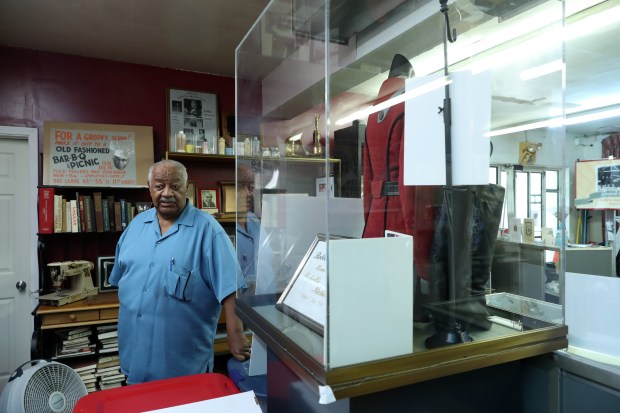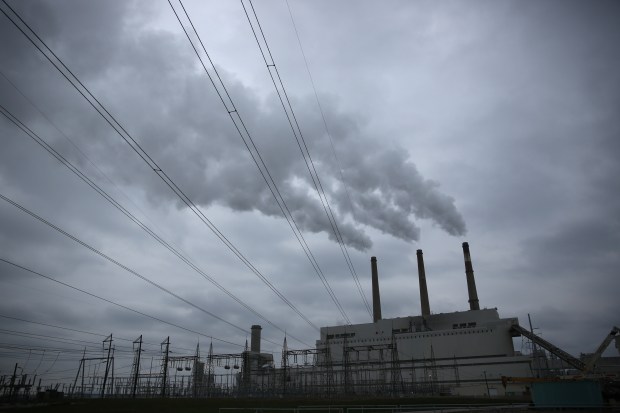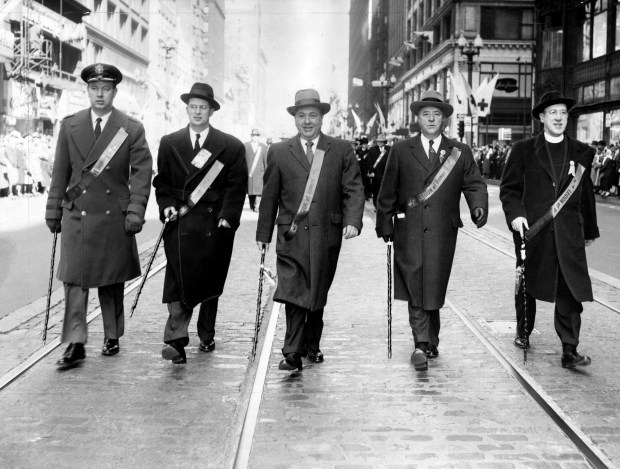Evanston’s Reparations Committee announced last week that the city has spent $5.03 million on reparations for 203 individuals affected by unfair housing practices, including zoning laws, in Evanston from 1919 to 1969.
The committee met in September to approve records regarding how the first round of reparations has been spent. Of the $5.03 million distributed to 141 people directly affected by unfair housing practices, which the program calls ancestors, and 71 people who are descendants of those who did, $1.36 million will be spent on home improvement projects, mortgage assistance, or be used in the down payment for a home. The remaining $3.69 million will be spent on direct cash benefits, with recipients eligible to receive a $25,000 check from the city of Evanston. Recipients will not need to pay taxes on the benefit, according to 2nd Ward Councilmember Krissie Harris.
Harris said recipients who want to use the funds for home improvements will not be charged city permit fees and will be reimbursed by the city for the project.
“That’s a big deal,” said 5th Ward Councilmember Bobby Burns. “I know once when the city puts something in place it just sort of becomes part of the background. I just want to continue to celebrate everything that we’re doing because that’s a big number.”
The committee’s chair, Robin Sue Simmons, echoed Burns’ comments, saying “This has become our life, like it’s almost routine for us and how special that our whole city has embraced us in the way that it has, but it’s still a very big deal, and still unique in this nation, unfortunately.”
Earlier this year, non-profit conservative group Judicial Watch filed a lawsuit against Evanston’s reparations program, which said the program was unconstitutional and violates the 14th Amendment, which states all Americans are given equal protection under the law. Simmons said the suit has not interrupted the city’s disbursements of reparations, describing the situation as “business as usual.”
The city’s Corporation Counsel, Alex Ruggie, said the city filed a motion to dismiss the case and that Judicial Watch has until Sept. 18 to submit a response. If the group responds by that date, the city will have until Oct. 2 to reply to Judicial Watch.
The city’s reparations program is funded by the real estate property transfer tax on properties sold with sales prices greater than $1.5 million and by the city’s cannabis tax, a 3% sales tax on dispensaries in Evanston. The program also accepts donations and has received just under $56,000.
In 2019 the city council approved a resolution to approve the first $10 million of the city’s cannabis tax to fund reparations for housing and economic development programs for Black Evanston residents.
Simmons told Pioneer Press after the meeting that “Evanston has acknowledged a practice of anti-Black zoning laws that stripped away wealth and opportunity from Black communities and Black families, and we can measure that in our racial gaps in wealth and other areas of livability. Reparations is a targeted way to address the harms and unjust practices against the Black community.”
Simmons said she sees reparations as the first step in Evanston to repair the harms of the institution of slavery and the legacy it left behind. Simmons said, “my hope and vision is that it’ll always be expanding and evolving, but we had to start somewhere, because there hadn’t been a first attempt at reparations for the Black community.”
Harris said there are still 18 ancestors, or people directly affected by unfair housing practices, and descendants who need to make a selection on how they will spend the reparations. The recipients do not have a deadline to decide how they will use the funds, but they will need to make a decision in order to receive them.
The commission will work to continue to accept new applications for reparations once all of the reparations are disbursed in the first round, Harris said. “We understand that that process will have to be refined, and we’re doing that, but until we get through the almost 500 residents that completed the first process, we can’t really open up a new process,” she said.





